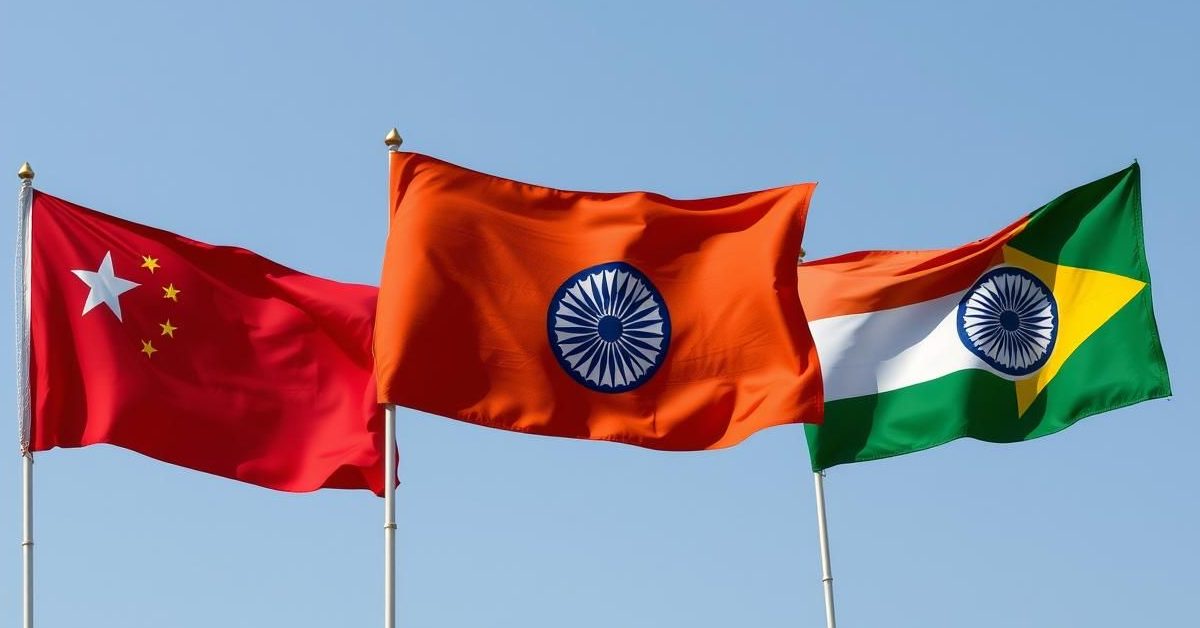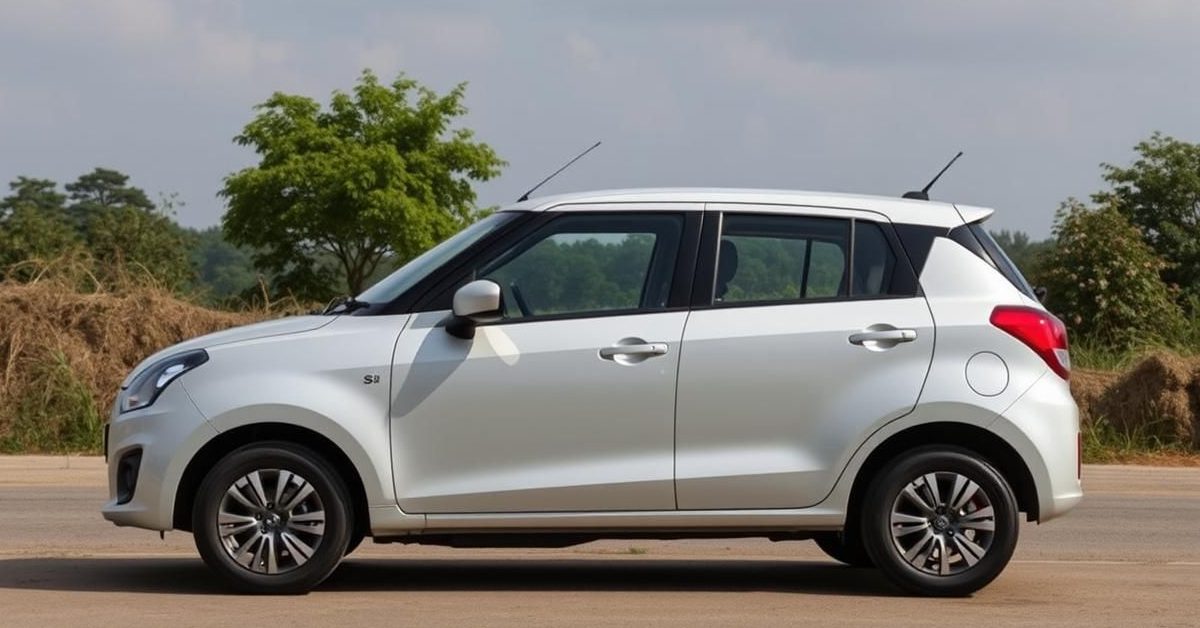The BRICS nations have strongly condemned and rejected Europe’s carbon import duties, calling them unfair trade barriers that undermine their development efforts and transition to cleaner economies.
Understanding Europe’s Carbon Tariffs
The European Union (EU) has introduced Carbon Border Adjustment Mechanisms (CBAMs). These are essentially import duties on goods produced with higher carbon emissions than those allowed for European manufacturers.
The stated goal of CBAM is to prevent “carbon leakage,” where companies might move production to countries with less strict environmental rules. However, it makes products like steel or cement from countries like India more expensive and less competitive in EU markets.
BRICS Nations Speak Out
Developing countries, including India and China, have consistently criticized CBAM, viewing it as a unilateral and unjust trade barrier. They argue it violates international trade and climate agreements.
During their recent two-day summit in Brazil, BRICS nations issued their strongest statement yet on the matter. They specifically “condemned and rejected unilateral, punitive and discriminatory, protectionist measures” taken under the guise of environmental concerns, explicitly naming CBAMs.
This firm stance was part of a new “Leaders’ Framework Declaration on Climate Finance,” a significant outcome from the summit.
Why This is a Problem for Developing Economies
The BRICS statement highlighted that such measures disrupt global supply chains and distort competition. They also argued that these duties hinder their ability to invest in their own green transitions and sustainable development.
Developing nations already face a significant financial gap for climate action. These tariffs risk diverting critical resources, making it harder for them to pursue their climate goals.
The BRICS group emphasized the importance of non-discriminatory access to trade and climate finance for all countries, calling for the removal of existing barriers.
The Call for Fair Climate Finance
The BRICS nations also called on wealthy, developed countries to uphold their financial commitments under the UN Framework Convention on Climate Change (UNFCCC) and the 2015 Paris Agreement.
Developed nations are obligated to provide at least $100 billion annually in climate finance to developing countries, a figure they have promised to increase to $300 billion by 2035. However, developing countries argue this amount is insufficient, stating they need at least $1.3 trillion per year.
The statement also underlined that developing countries, despite contributing less to climate change, are most vulnerable to its impacts. They stressed the urgent need for increased financial contributions for adaptation projects, urging developed nations to at least double their 2019 adaptation finance by 2025.
They reiterated that adaptation finance should be primarily grant-based and not significantly increase the debt burden on developing economies.
- BRICS nations firmly rejected Europe’s carbon import duties (CBAMs).
- They view these duties as unilateral, discriminatory trade barriers.
- BRICS argues such measures undermine their development and climate transition efforts.
- They called on developed nations to fulfill their climate finance commitments.
This unified stance from the BRICS bloc signals growing resistance to policies perceived as protectionist under the guise of climate action, setting the stage for further international debate on equitable climate responsibility and trade.
















